A new flight attendant lawsuit against United Airlines challenges the historical practice of flight attendants being paid more for flight hours, but not being separately paid for time spent reporting to work an hour before the flight, boarding and deplaning, and for sit time between flights.
The Newark-based flight attendant worked for two years as a United flight attendant, from July 2023 to July 2025, and is suing under New Jersey state law.
The September 15 filing seeks class action status, alleging United violates New Jersey wage law by paying cabin crew only for “actual” flight time (block‑out to door‑open) and not paying for mandatory on‑the‑ground work: report time, pre‑flight checks, boarding, deplaning, and in‑uniform “sit” time between segments. The suit seeks unpaid wages and overtime, up to 200% liquidated damages, legal fees, and injunctive relief.
This is very much outside of my area of expertise, but I’ve gone down the rabbit hole. I’d love to hear from readers who are subject matter experts, because I was surprised to find that the claim seemed plausible.
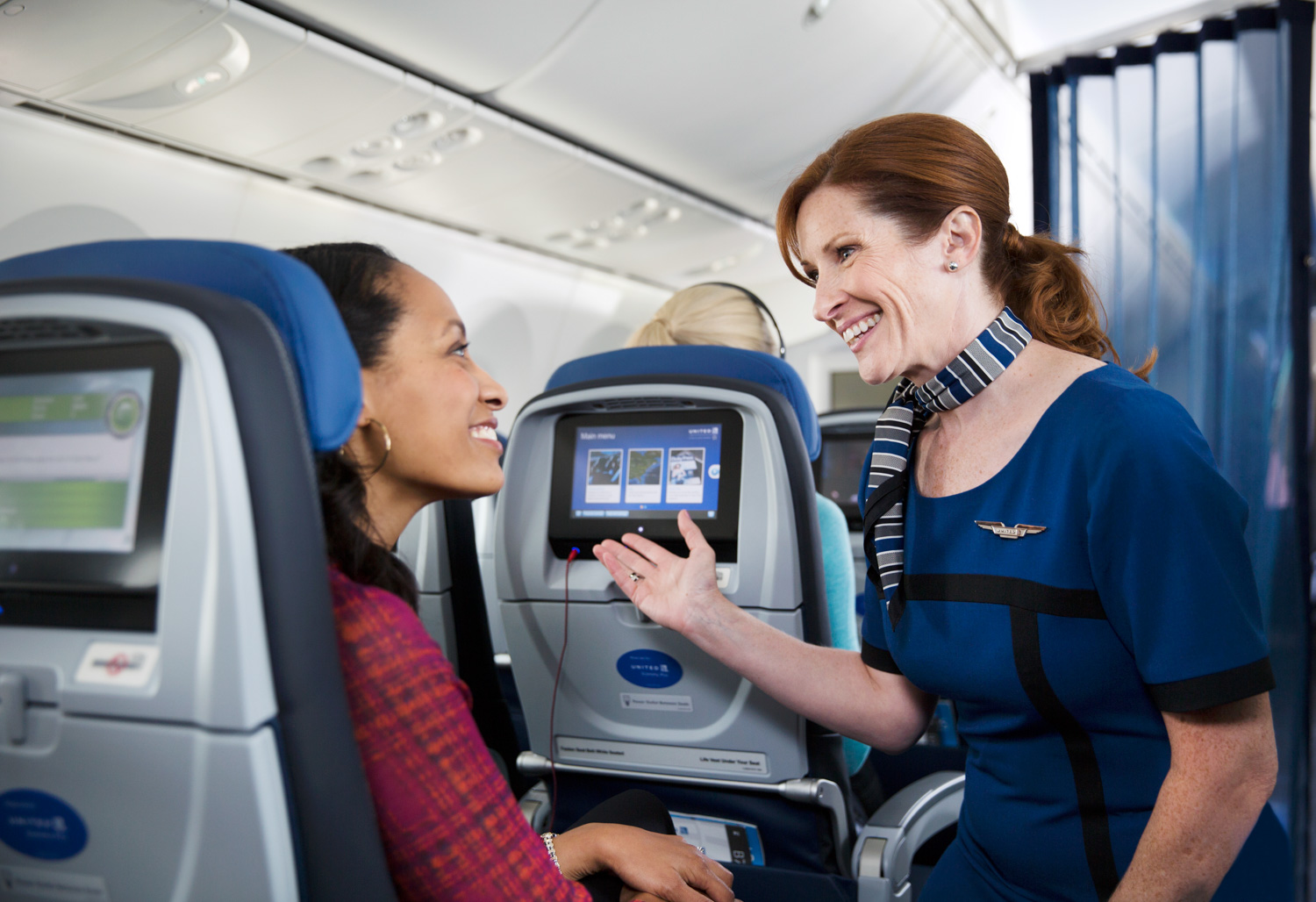
United’s Pay Has Been Standard For Nearly 80 Years – But They Just Agreed To Boarding Pay
U.S. airlines have paid flight crews primarily for block time for decades, with contractual “rigs” that credit some non‑flying time (e.g., duty‑rigs, trip‑rigs) at a flight‑time equivalent. United’s first flight attendant contract in 1946 set duty hour limits, rest periods, grievance procedure and 85 flight hours per month caps.
Bureau of Labor Statistics surveys from the 1970s describe crediting formulas for non‑flying duty and deadhead, which is why base flight‑hour rates are higher than a typical hourly wage.
Unions negotiated this formula because it benefits senior crew at the expense of junior crew. The airline is most concerned with average pay, and this way senior crew who tend to work fewer, longer flights earn more while junior flight attendants working more short flights earn less. Union bargaining is both about extracting as much as possible for the employee group as a whole, and also about how the contract economics are split amongst members.
United’s current flight attendant contract has a minimum monthly pay floor (e.g., 71‑hour protection for lineholders, reserve gets more), which “priced in” unpaid ground time through higher block rates and rigs.
When non-union Delta began paying boarding time at half hourly rates in 2022, the union contract equilibrium became unsustainable. Unions had asked for boarding pay in the past, but only as a free add-on for everyone and didn’t make this a true sticking point in negotiations. But flight attendants, seeing what was available at Delta, weren’t going to settle for union-bargained contracts giving them what they saw as ‘less’.
American Airlines added boarding pay to its collective bargaining agreement effective April 1, 2025. That was the first unionized flight attendant group to secure it in a contract. Alaska followed. United and the AFA-CWA agreed to boarding pay as part of a 2025 tentative agreement that members rejected in July. (The union had told members they would fight for full ‘ground pay’ but did not press for this in the final deal.)

New Jersey Law Conflicts With Flight Attendant Union Contracts
New Jersey’s regulations say “all the time the employee is required to be at his or her place of work or on duty shall be counted as hours worked.” Overtime is due over 40 hours per week. For alrine employees, New Jersey permits “rescheduled time off” in lieu of overtime pay under specific conditions (but, among other things, the employer must have requested this).
United probably has a good case that they’re paying for all hours, even though they aren’t calculating pay based on all hours. But they also probably run into problems with overtime. While most flight attendants aren’t actually working over 40 hours per week when adding report time, sit time, boarding etc. there will be some who do some of the time (depending on how trips are scheduled) and many on reserve will as well. This becomes a problem under New Jersey law for Newark-based cabin crew.
Here, the plaintiff only needs to show (a) they were required to be on duty/on‑premises and (b) weren’t paid for that time. NJ’s “hours worked” rule is blunt, and New Jersey has a six‑year look‑back and up to 200% liquidated damages for post‑Aug. 6, 2019 conduct under their Wage Theft Act.
If aclass is certified for EWR‑based FAs (current/former who performed NJ work), damages could include:
- Unpaid straight‑time for all counted but uncompensated New Jersey “hours worked” (report, boarding, deplaning, ground duties, sits).
- Overtime for any workweeks where counted hours exceed 40.
- Up to 200% liquidated damages, legal fees, and interest
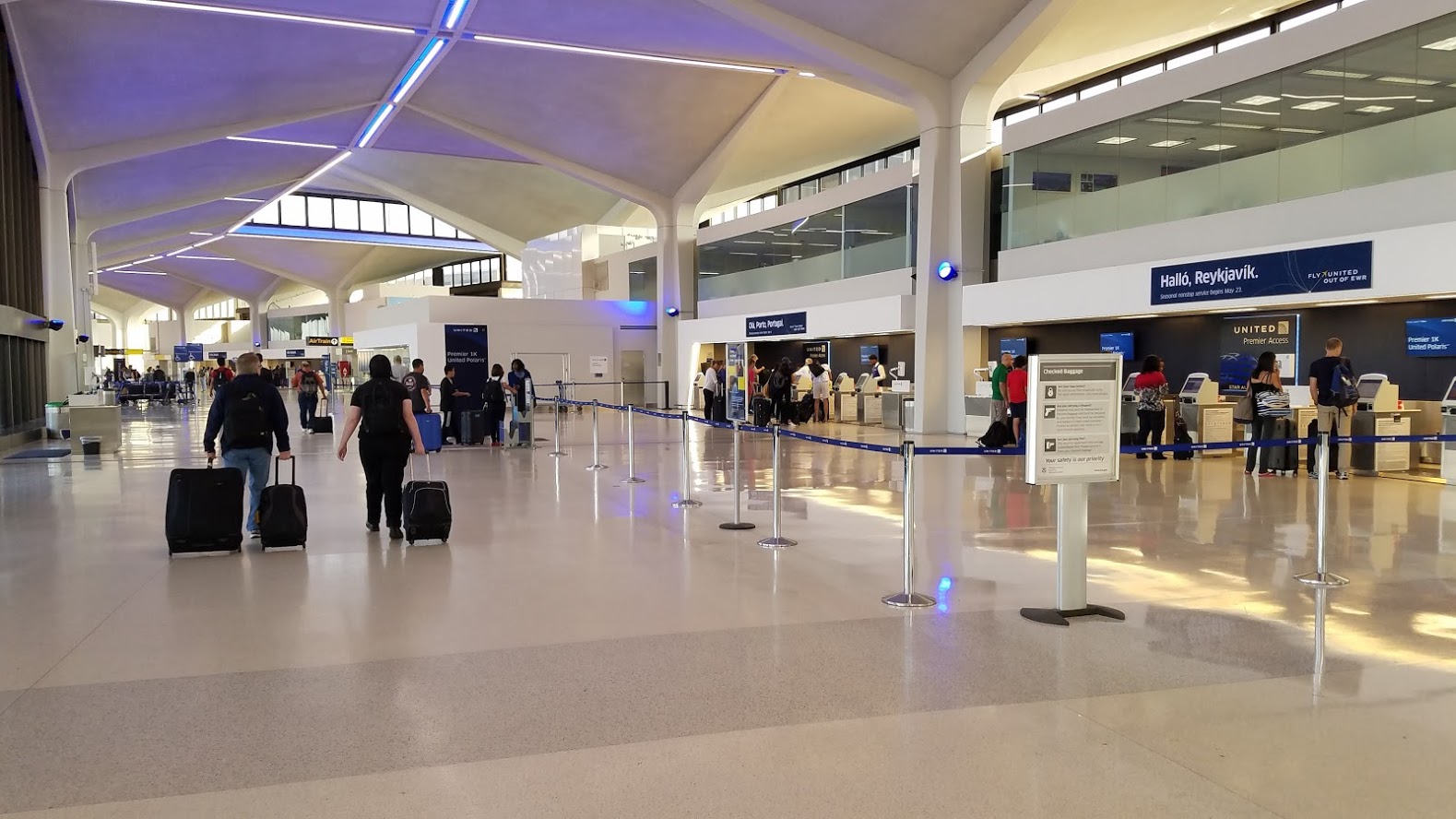
United Seems To Face An Uphill Battle Defending The Suit
United will argue the claims are precluded or must go to Railway Labor Act arbitration because they require interpreting the Collective Bargaining Agreement (reporting rules, rigs, credits, line value, etc.).
The Supreme Court’s Hawaiian Airlines v. Norris seems to draw a critical line here: state‑law wage claims based on independent rights (like “hours worked”) are not preempted merely because a union contract exists. Only claims that require interpreting the contract are channeled to arbitration. The plaintiff claim here is simple, ‘we were on duty’ and there’s no contractual ambiguity.
Meanwhile, airlines have mostly lost attempts to use Airline Deregulation Act preemption against wage laws that don’t regulate the airline‑customer relationship. The Ninth Circuit upheld Washington’s paid sick leave law against ADA preemption and let California wage laws apply to flight crews. While those aren’t binding in the Third Circuit, they a trend towards general state wage laws surviving pre-emption challenges. (And the third circuit seems likely to follow the ninth.)
New Jersey has a statutory good‑faith defense. Clearly United has been acting in good faith, paying exactly what has been bargained for and agreed to by its union. But the state does not consider industry custom to constitute good faith.
United’s best chance here seems to be forcing an interpretation of the collective bargaining agreement, channeling this through the Railway Labor Act and out of the hands of New Jersey – or defeating class status given varying flight attendant experience with where and when their duty time occurred and how they may or may not have crossed 40 hour work weeks as a result.
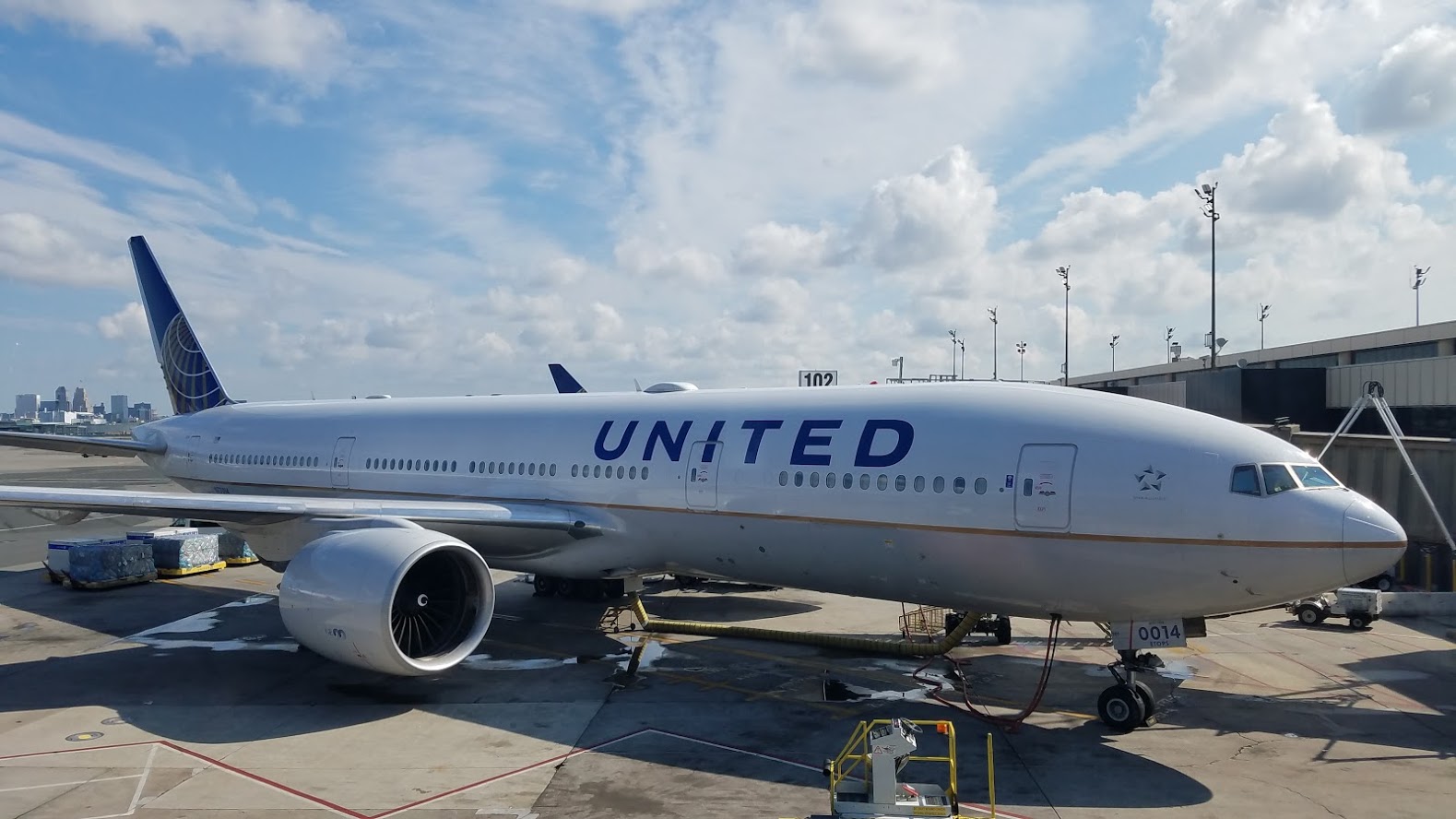
This Is A Much Bigger Issue Than United’s Newark Base
California is fertile grant for these sorts of suits, having already seen successful claims over wage statements and meal and rest time, and these challenges have survived pre-emption. Mirroring this suit for flight attendant bases in the state seems likely to follow.
Washington State saw its sick leave law applied to flight crew, and appears to have similar hours worked rules to New Jersey. There are multiple outstanding suits in Colorado over unpaid ground and boarding time as well. New York has these rules as well. Illinois seems like a risk as well.
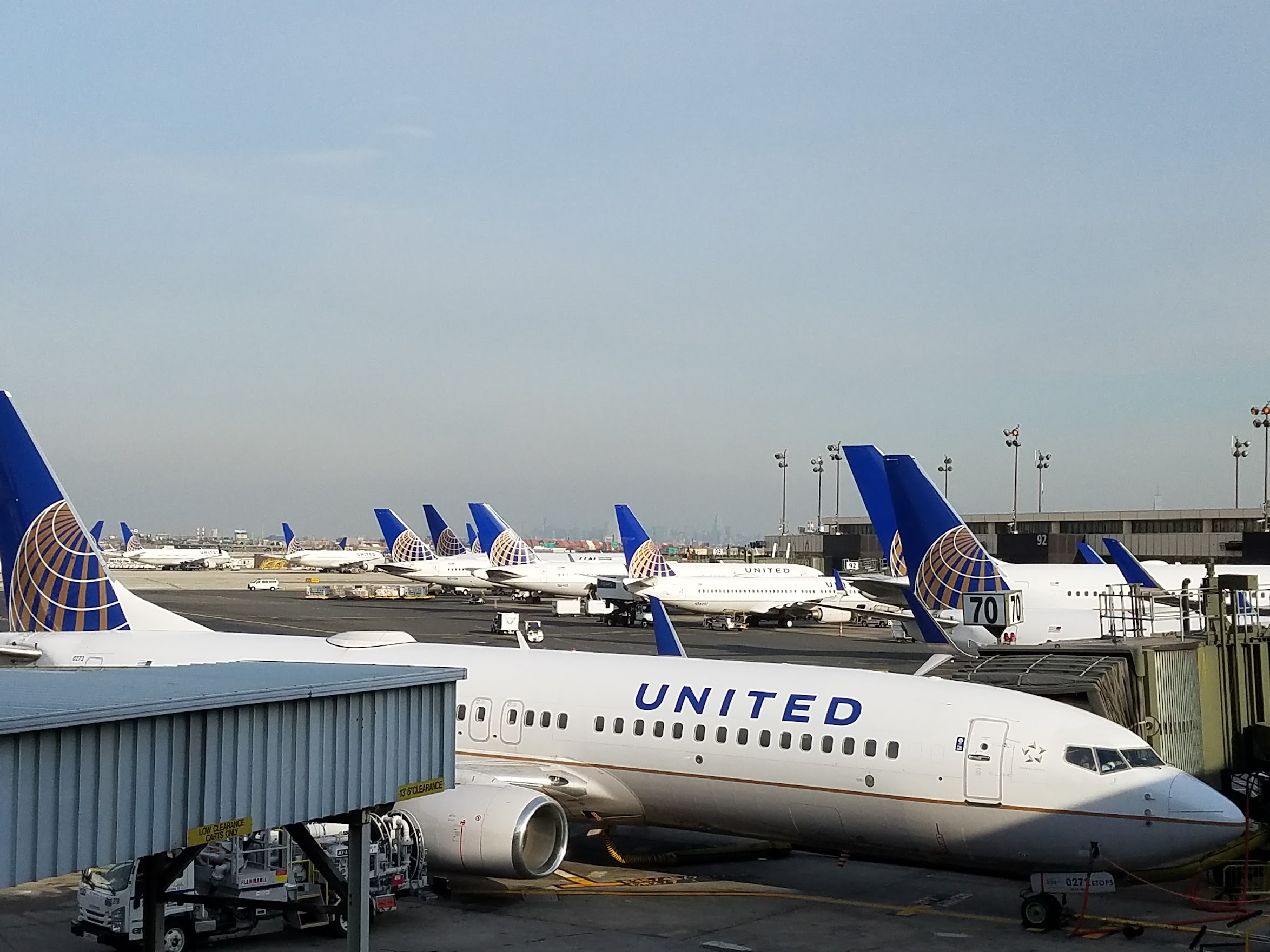
Why Haven’t We Seen Suits Like This Before?
The last six years have produced plaintiff‑friendly holdings in aviation wage cases in California and Washington that survived 9th Circuit appeals. So that makes future cases more triable, I suppose.
And New Jersey’s 2019 Wage Theft Act expanded remedies and the look‑back period to six years. That makes this case more lucrative.
Plus, it’s no longer universally accepted that flight attendants are only paid for flight time. In some sense, Delta’s decision to unilaterally add boarding pay in 2022 may have helped open the door. Airlines can no longer say ‘everybody does it’ (even if that isn’t technically a defense under New Jersey law). Boarding pay strengthens the plaintiff’s narrative that boarding and ground duties are compensable work.
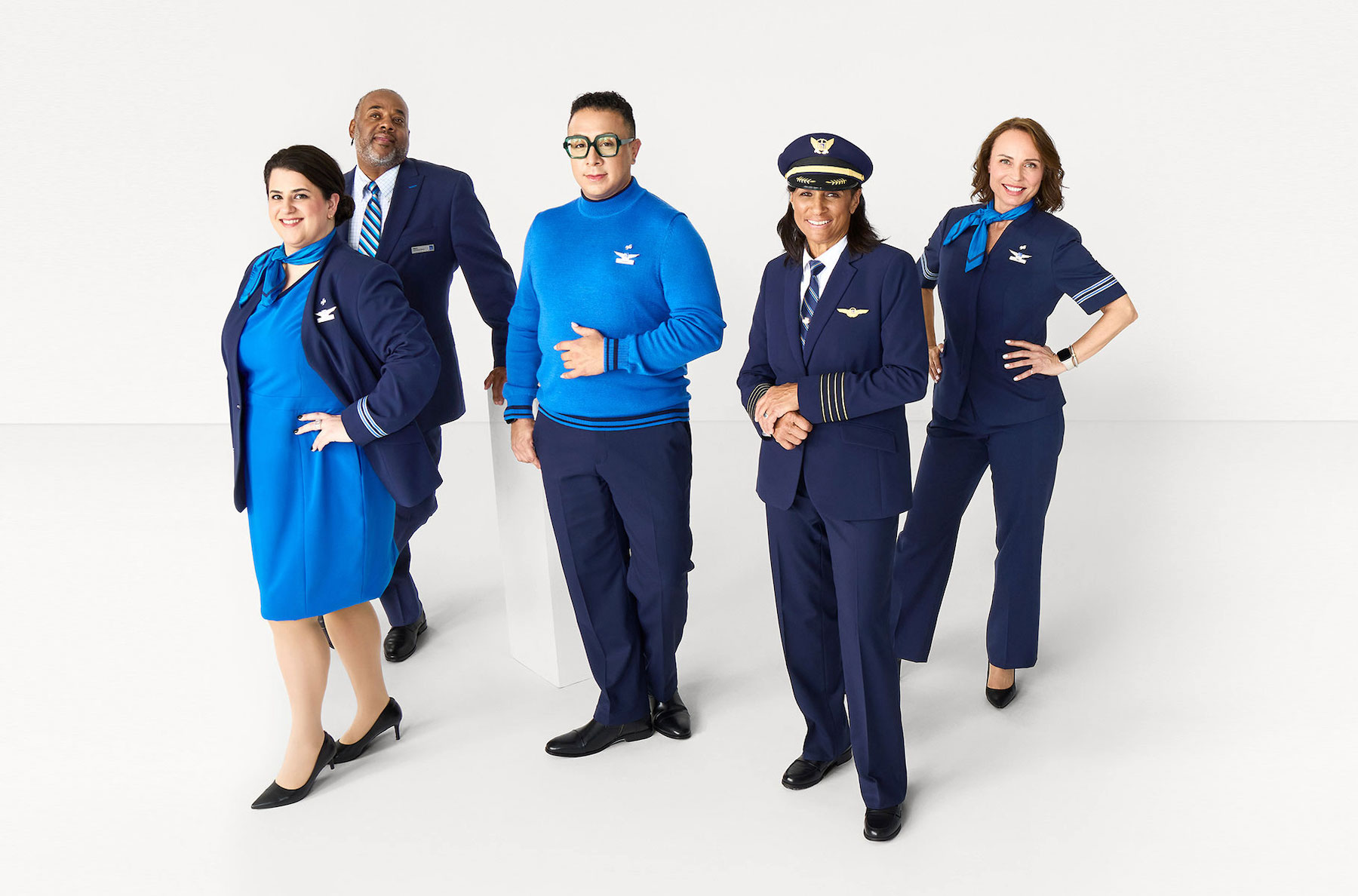
A Federal Fix Is Needed
As a policy matter, this is stupid. Airlines are national networks. Most flights cross state lines. almost all cabin crew work under union contracts designed to pay more for block time precisely because they don’t clock in and out in the usual way. And flight attendants at these airlines don’t risk being paid less than minimum wage.
Pay is clearly negotiated for the benefit of flight attendants, with eyes open by their elected representatives. And the higher hourly rates that these contracts pay for flight time shouldn’t then increase the airline’s liability for overtime (in those states where it’s calculated at 1.5x actual wages). Congress could clarify that state wage‑and‑hour rules are preempted to avoid a patchwork of state rules.


I stand with United FA’s!
Why not request/demand better? I wish them the best.
Federal law is essentially the same as New Jersey’s: non exempt (ie, hourly) people have to be paid for the time they work, and overtime for hours over 40. They can’t bargain away those rights (to prevent this kind of situation). So getting into federal court doesn’t really change the law. It does change the sympathy level of the administration.
@ Gary — Looks like Mr. Kirby pay need to pony up more for his body at 1600 Penn Ave. I really hope that Delta gets unionized FAs soon. They deserve it.
In a perfect world FA’s would be paid from when when the employers schedules them to arrive through when the employer says their day is complete. If they’re spending a good chunk of their day sitting around, that’s because that’s what the employer scheduled them to do.
In the real world FA’s are truly a unique group. The traditional method will not work here, unless all passengers are willing to pay twice as much for their tickets.
I’m not an FA, so I don’t have first-hand knowledge of what mandatory tasks they need to perform between the times they enter and exit the aircraft. Is it reasonable for those to be the starting and ending points for being paid (instead of the current block‑out to door‑open)?
I’m probably one of the few that believes unions can serve an important role at many workplaces. But based on the info Gary provided, I’m not sure I’d make this union the Poster Child for what a great union should be. Ideally a union should be fighting for ALL of their members, not just the select few that have been around the longest. Should a new hire enjoy the same benefits as a 25-year veteran? No. But benefits should increase as various milestones are hit. If your goal is to attract and retain new talent, the current union leadership seems to be failing at that task.
@Gene, why do you assume that unionization is the best approach? It seems like Delta FAs got a better contract than the industry without unionization.
That’s what their contracts called for and flight crew because of the uniqueness of their jobs have been generally exempt from wage and hour laws. Maybe force the airline into Chapter 11 where they can get a judge to throw out all union contracts and the airlines can impose their own rules.
BTW contracts were written that way because the contracts favored senior flight attendants that control the unions.
@Lucky Larry
Benefits increase as you hit milestones? FA performance increases until it plateaus at about 3 years then plateaus. It later declines.Those with more than 25 years should get a pay cut. Was it Betty Nash that was about 90 years old, didn’t serve I passengers and could close and arm doors? She should be given a seniority badge and then fired, not higher pay
Wow,
This is quite a thicket.
Initially, they are not seeking 200% “liquidated” damages. Rather, it seems they are seeking 200% of the unpaid wages (perhaps as provided by statute) – given that those vary, they cannot be a liquidated sum.
This whole pay well per flight hour but nothing for ancillary (and sometimes substantial) duties has always stricken me as odd. And the unions are largely responsible for this. FA’s hafta view their “per hour wage” as a blend of in flight and non flight wages. But no doubt, they will see 200% of the inflight, not the blended, wage.
I have long wondered how to reconcile this compensation system with wage laws – at times I have thought, perhaps that in the context of a highly negotiated union contract some carve out existed, but was always too busy to research it.
On balance, the suit is manifestly unfair. The wage system, odd as it is, was collectively bargained. It sucks to let them revisit the compensation through the NJ wage and hour law now.
@Raphael Solomon — Delta flight attendants do not currently have a collectively bargained contract; as individuals, they may each have their own employment contracts with specific terms, including the half-pay during boarding. Yeah, I get it… ‘nuance.’
If DL’s FAs, maintenance crews, and baggage handlers, were to join their pilots (since 1934) and dispatchers in unionizing, there’s much more than just negotiating for better pay; there’s greater potential for job security and other workplace protections at stake.
Or, save those dues… get a video game! /s
The time to address this was when the union first asked for such contracts that are contrary to normal labor standards. It is quite unreasonable but it’s their own union they should be going after. This is just another way in which senior people extract extra money from junior people.
I’d have no problem with judge simply voiding the contract, go make a new one in compliance with labor law. But they’re going to take a cut to their hourly rate if they do that.
Perhaps if Kirby and United had shown actual good faith in negotiating with the flight attendant’s union then that good faith could be leveraged to avoid a situation like this. Unfortunately Kirby has clearly shown himself to be an untrustworthy weasel whose words cannot be believed. I really hope that the FA’s win this one.
So, accept a job with a known set of conditions and then argue you should get paid in another way after the fact.
The pay structure as others have noted was agreed at inception and included a higher rate of flight pay compared to the similar new hire skill set of hourly pay. At year end the full pay began to mirror each other as HS graduate, company trained employees.
Then, as others state; senior flight attendants blocked discussions of a fair change to the system as they were less impacted by boarding time over a month and did not want the lower hourly pay an equitable solution would entail. A solution with either prevailing is needed, but hourly rate of pay should be reduced to reflect the change. Never discussed.
As long as there are 100’s of applicants for singular positions available with an entry requirement of a high school diploma they need to recognise the wages their skill set peers receive.
Some will argue they are trained to save lives, and that is a role many share. Look at entry EMT and nursing pay where the occurrence is their primary function and training far more comprehensive. Others will say they are multilingual. That secured the job over another but was largely not a requirement. If it was, you got language override pay and better lines.
Finally, proponents like to quote entry level pay… those closest to agreeing to a contract where their pay structure was made clear (as well as mid and late career earning potential crossing up to $100k. for that high school entry requirement and no educational loans). . New hires also have the least to lose out if changing a career to something that suits their financial or lifestyle needs better. Little time invested. Why are their salaries broadcast so freely while full year top scale earnings are so secretive. It’s a great career if you stay the game.
Here is a fairly normal condition. Flight is scheduled to depart at 0900, flight crews are required to check in at the airport at 0800, they brief and then head to the gate to find out the flight is 45 minutes late, so they either go back to the lounge (flight attendants lounge) and wait around. They get the call that the plane is now at the gate, so they head back only to find that the plane has to be groomed (cleaned in laymens terms) hence they sit in the boarding area and wait.
Suddenly the agent tells them they are going to board in 5 minutes. NOT gonna happen. Flight attendants are required to brief with the pilots and then check that all the emergency equipment is in place and working.
Now the boarding begins and the FA’s start getting paid for boarding (if it is in their contract) To this point they have not been paid a dime. Other than the 1/2 hour of boarding pay.
Time flies by and the pilots are getting close to running out of duty time and only have a few precious minutes to get the door closed and take off. To this point the FA’s have made 1/2 hour of pay for boarding. At last the flight leaves and the flight attendants have been held at the airport for a couple hours and got nada.’
Seem ok with you?
@EgE — Well said. Flight crews clearly deserve to be compensated for all that time and effort.
Why a few of our fellow commenters (here and nearly every time topics like this come up) feel the need to ‘punch-down’ on here (and inevitably bash all unions and workers) is just wild to me.
Like, if you actually fly commercial, you should want these crews to be well-supported. Ok, fine, so, maybe you’re extremely wealthy, fly private, and have a ‘mansion unt a yacht’… Still, do you really think ‘labor’ is gonna ruin your already excessive profits and/or dividends? C’mon…
@EgE
Like the pilots you get duty and trip rigs right?
Gee, as a retired 35 year UA FA I hope its retroactive!!
coffee, Only if you actually leave
As usual, per diem payments are left out of the discussion. When I was working I did not receive any money to cover any expenses other than my hourly salary. I did receive some safety equipment for use at work. Flight attendants typically receive a low amount of hourly pay ($2.20/hr. in 2016) for duty hours, labeled as per diem (Domestic Per Diem and International Per Diem as listed in the United 2016 contract amendments page 36; Section 5; Expenses, Transportation and Lodging; subsection: A. Expenses). Of course I had some expenses at work that I had to pay out of pocket. I would have loved to have per diem pay to cover those expenses. Maybe I could have covered my meal expenses and clothes needed while working.
California has a similar law. We needed to report to work early to change into our uniforms/and change out after the shift. CA law said we had to be paid. We threatened to sue and luckily for us our contract was up at the same time and we got that extra time included in our hours.
@RalphT — Seems like a good law.
Now I am 100% supportive of the higher pay so don’t take this the wrong way but there is a reason flight attendants get paid what sounds like a lot per hour.
To an outside who doesn’t know the industry starting somewhere between $26-30-ish an hour and going to to hopefully United TA top out of $96.58, it’s sounds like a crazy amount. But as mentioned here, it didn’t include site time etc. but now look at the history….
Flight attendants are paid relatively high hourly rates because their pay is based primarily on flight hours, which only count from the time the aircraft door closes to the time it opens. This structure means that much of the work they actually perform, including mandatory pre-flight briefings, boarding, and time between flights (sit time), is not compensated at the full hourly rate, so the higher rate is designed to account for these unpaid or underpaid periods.
Again I’m all for getting that money but that is the history of it so take thatvinto account instead of getting angry for what it was.
Continental now United did file chapter 11 in 1983 not all by choice. As a result the Union was no longer recognized and we worked under ” emergency work rules” until 94 which basically meant no rules only FAA. The Company could basically do what they wanted. No contact, no Union that was recognized, and it was extremely difficult to get hired by other Airlines back then as a former Continental FA that started during or right after the strike of 83. I was 20 when I started in 84 I had no idea what was going on and how bad things were. I was glad I stuck it out ( until 2014) but please don’t even suggest filing chapter 11. It takes years and years to get out of and longer to get a decent contract